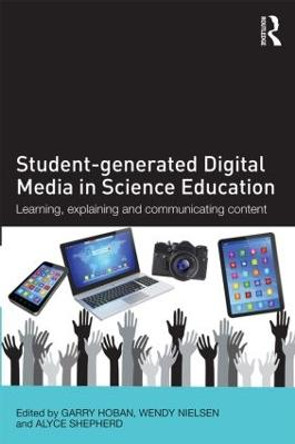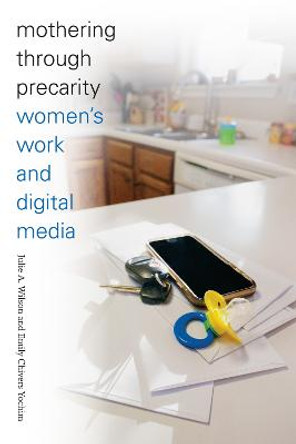Description
Media education for digital citizenship is predicated upon the ability to access, analyze, evaluate and produce media content and communication in a variety of forms. While many media literacy approaches overemphasize the end-goal of accessing digital media content through the acquisition of various technology, software, apps and analytics, this book argues that the goals for comprehensive and critical digital literacy require grasping the means through which communication is created, deployed, used, and shared, regardless of which tools or platforms are used for meaning making and social interaction. Drawing upon the intersecting matrices of digital literacy and media literacy, the volume provides a framework for developing critical digital literacies by exploring the necessary skills and competencies for engaging students as citizens of the digital world.
About the Author
Julie Frechette is Professor of Communication at Worcester State University, in Massachusetts, where she teaches courses on media studies, critical cultural studies, media education, and gender representations. Her book, Developing Media Literacy in Cyberspace: Pedagogy and Critical Learning for the Twenty-First-Century Classroom (2002), was among the first to explore the multiple literacies approach for the digital age. She is the co-editor and co-author of the book Media in Society (2014), as well as numerous articles and book chapters on media literacy, critical cultural studies, and gender and media. She serves as a board member of the Action Coalition for Media Education. Rob Williams teaches new/digital and social media, communications and journalism courses at the University of Vermont and Sacred Heart University. The co-founding president and current board chair of the Action Coalition for Media Education (ACME at www.smartmediaeducation.net), he is the author of numerous articles and book chapters about media education, lectures widely on topics and issues related to digital media literacy education, and consults with a number of organizations, including the College for America, PH International and the U.S. State Department. His latest book is Most Likely to Secede: What the Vermont Independence Movement Can Teach Us about Reclaiming Community and Creating a Human Scale Vision for the 21st Century (2013).
Reviews
'The essays connect and separate in ways that cannot be fully captured through these lenses. Especially noteworthy is the chapter on ubiquitous surveillance, "Who's Tracking Me?," which informs critical pedagogical theory even as it offers practical and creative classroom learning activities. Summing Up: Recommended. All readers.' - T. R. Glander, Nazareth College, CHOICE Reviews
Book Information
ISBN 9781138927667
Author Julie Frechette
Format Hardback
Page Count 322
Imprint Routledge
Publisher Taylor & Francis Ltd
Weight(grams) 589g




